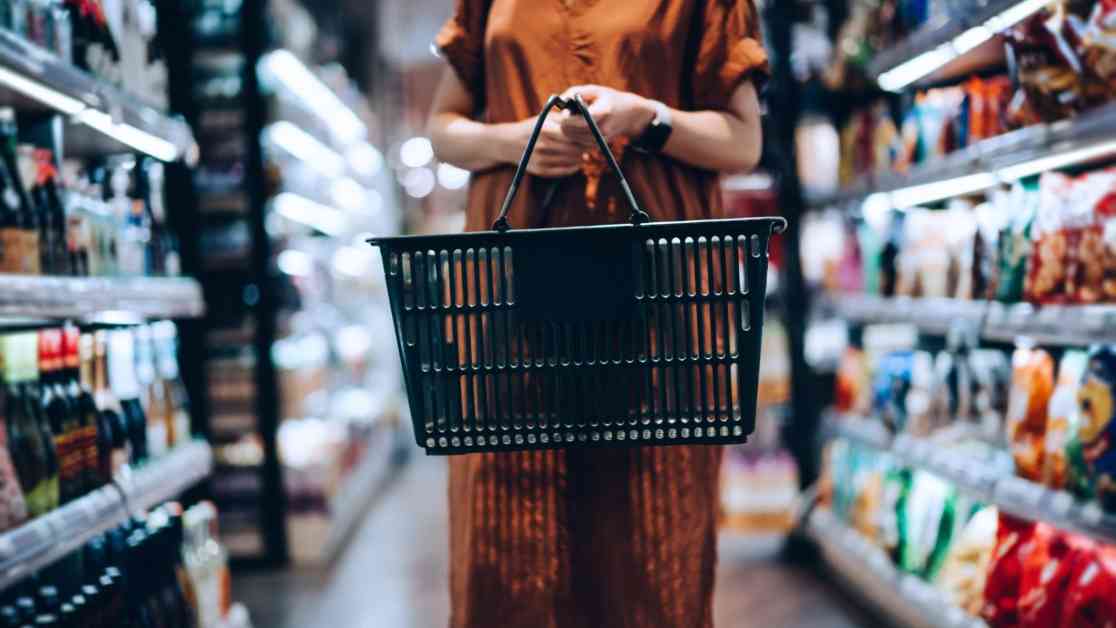Avocado Prices on the Rise Amid Tariff Policies
Concerns are mounting over the affordability of a beloved fruit commonly found in salads and smoothies. The recent uptick in prices comes on the heels of President Donald Trump’s tariff policies, impacting a significant import for American consumers. Avocado prices, which are notoriously high due to being 90% imported, with the majority sourced from Mexico, are set to see an increase.
Tariff Turmoil: Impending Price Hikes
With Mexico facing a 25% tariff following a short delay by the White House, avocado companies are now grappling with the dilemma of absorbing the additional costs or passing them on to consumers. The looming threat of higher prices has ignited a wave of concern among shoppers, with some predicting that avocado-based dishes like guacamole could soon become a luxury on par with caviar.
For instance, a distressed shopper in Colorado recently took to Facebook to lament the skyrocketing avocado prices, citing a staggering $2.50 per avocado. As demand for avocados continues to soar across the nation, companies are left with limited alternatives to meet the supply gap without relying on Mexican imports.
Rapid Growth in Avocado Consumption
The surge in avocado consumption has been a remarkable trend in recent years, with the average American now devouring an impressive nine pounds of avocados annually. This significant spike, which has quadrupled since 2000, can be largely attributed to the flourishing trade relationship with Mexico, as observed by David Ortega, a food economics and policy expert at Michigan State University.
Avocados were once considered a luxury item until 1997 when imports from Mexico were officially permitted. The subsequent availability of Mexican avocados across the United States opened up new possibilities for American consumers, leading to a surge in demand and consumption of this versatile fruit.
Complicated History of Avocado Imports
The journey of avocados into the American market has been marked by a series of challenges and triumphs. Initially blocked in 1914 due to concerns over pest infestations, avocado imports from Mexico were restricted for nearly a century. California emerged as a key player in avocado production, accounting for a significant portion of the supply to US consumers.
The evolution of avocado sales in the 1980s, with a focus on ripening the fruit for enhanced flavor, revolutionized consumer preferences and paved the way for increased imports from countries like Chile. The eventual lifting of the ban on avocados from Mexico further diversified the market, providing American consumers with a wider range of options.
Implications of Tariffs on American Companies
In light of the impending tariffs, American companies are bracing for potential impacts on their products and pricing strategies. Coca-Cola’s CEO has cautioned customers about possible changes to packaging, while Mattel’s CEO has hinted at price increases for popular toys like Barbie and Hot Wheels.
The uncertainty surrounding avocado prices and their broader implications on American consumers and businesses underscores the complex interplay of trade policies and market dynamics. As the avocado industry navigates these challenges, the future of this beloved fruit staple hangs in the balance.
The rising prices of avocados, driven by tariff policies and import dynamics, pose a significant threat to the affordability and accessibility of this cherished fruit for American consumers. Amidst escalating tensions in global trade, the fate of avocados serves as a poignant reminder of the intricate relationships between economic policies, consumer demand, and market forces. As stakeholders across the industry grapple with these challenges, the resilience and adaptability of the avocado market will be put to the test, shaping the landscape of this iconic fruit for years to come.





















